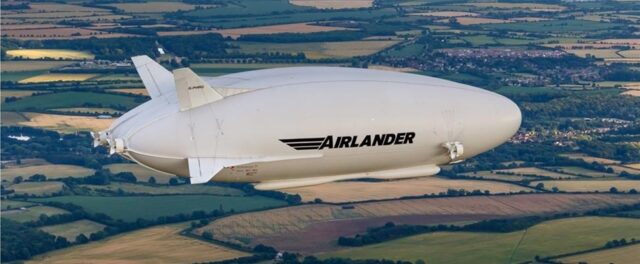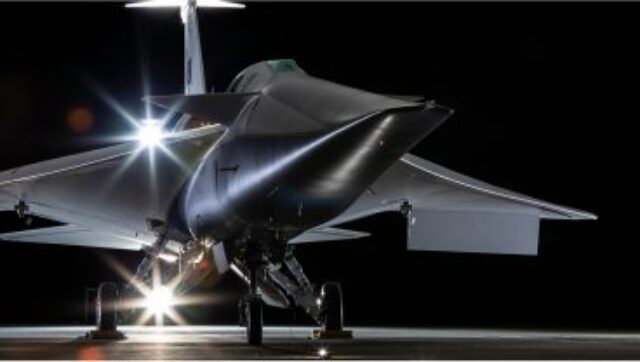UK airspace to see biggest shake up in 70 years
October 24, 2024

The UK Civil Aviation Authority (CAA) has revealed plans for cleaner, quicker, quieter flights through its Airspace Design Service, in line with plans to modernise the UK’s airspace.
The aviation authority is looking to upgrade the “highways of the sky” and has launched a consultation to establish a UK Airspace Design Service working with airports and aviation experts to improve the way aircraft fly in, out and over the UK. The aim is to reduce delays, emissions and noise pollution, making the industry more efficient while delivering economic growth across the country.
The upgrade is long overdue, according to Minister for Aviation, Mike Kane, who described UK airspace as “stuck in the past,” and added a pilot from the 1950s (when much of the current airspace was designed) would “find that little had changed,” since then.
The UK currently sees over 2.6 million aircraft flying above it ever year (compared to 200,000 in 1950 according to Air Transport Statistics), with London’s airspace unsurprisingly the busiest and most congested in the country. Subsequently, the first phase of the UK Airspace Design Service will focus on the complex and busy skies above the UK’s capital.
Underlining that the proposals in the Design Service set out the next steps in the CAA’s efforts to progress modernisation of UK airspace, Rob Bishton, chief executive at the UK CAA, explained it will focus on aircraft using advanced navigation technologies to enable more efficient use of the finite amount of airspace in the UK, including continuous climb and descent profiles and the reduced need to hold aircraft.
Kane added the “once-in-a-generation creation of a UK Airspace Design Service will drive forward airspace modernisation and create a system that’s fit for the future.”
The service goes hand-in-hand with the Government’s commitments to tackle climate change and meet the industry’s net zero goal, by helping to create quicker routes, ease delays and subsequently reduce Co2 emissions.
Emphasising the strong support from the airline sector for the proposed airspace redesign, Tim Alderslade, chief executive of Airlines UK urged all stakeholders to collaborate on the modernisation programme before the end of the decade. “Reform of the UK’s airspace will reduce delays and improve resilience for passengers and cargo operators in what is an increasingly congested system,” he concluded.
















